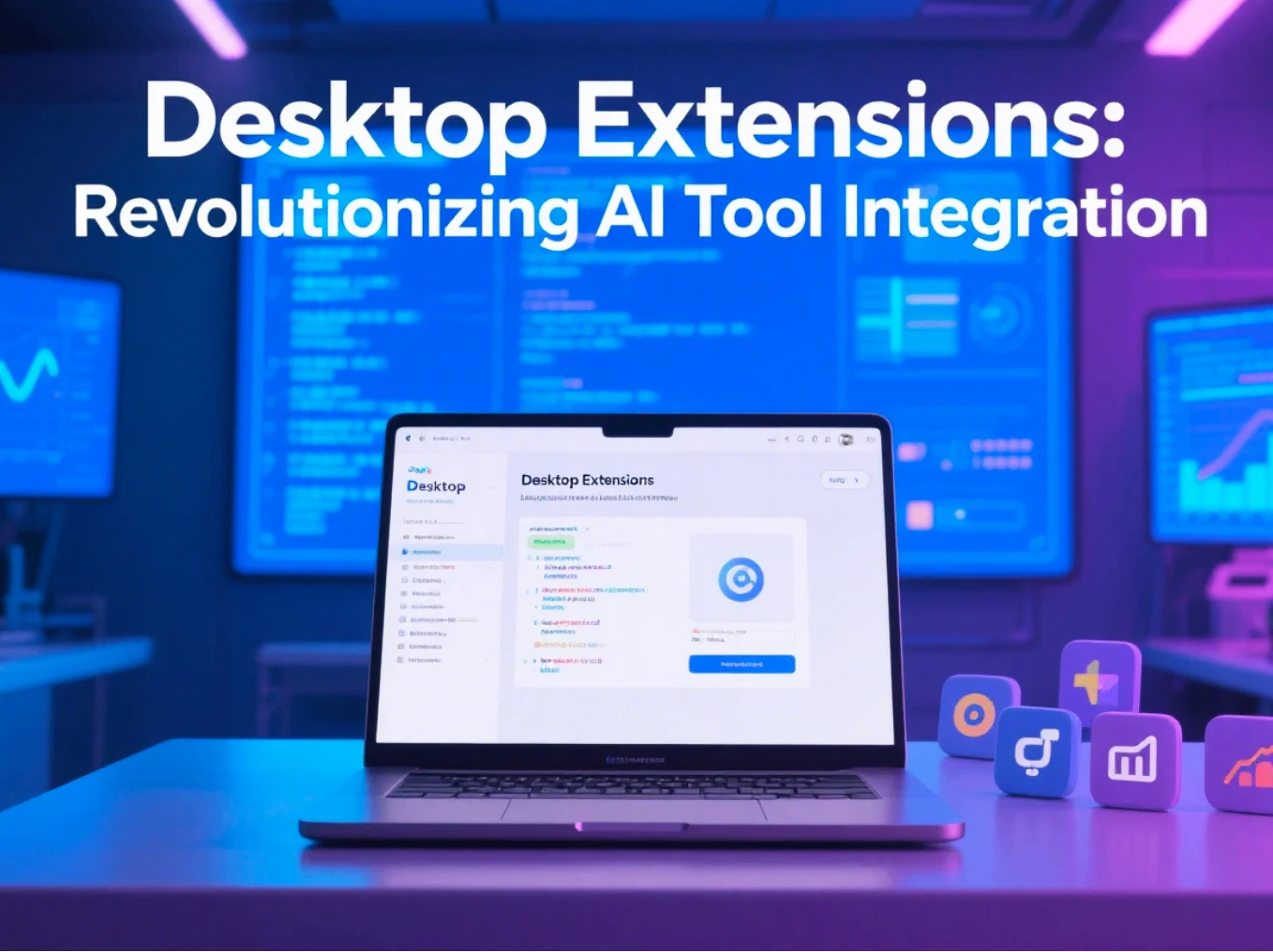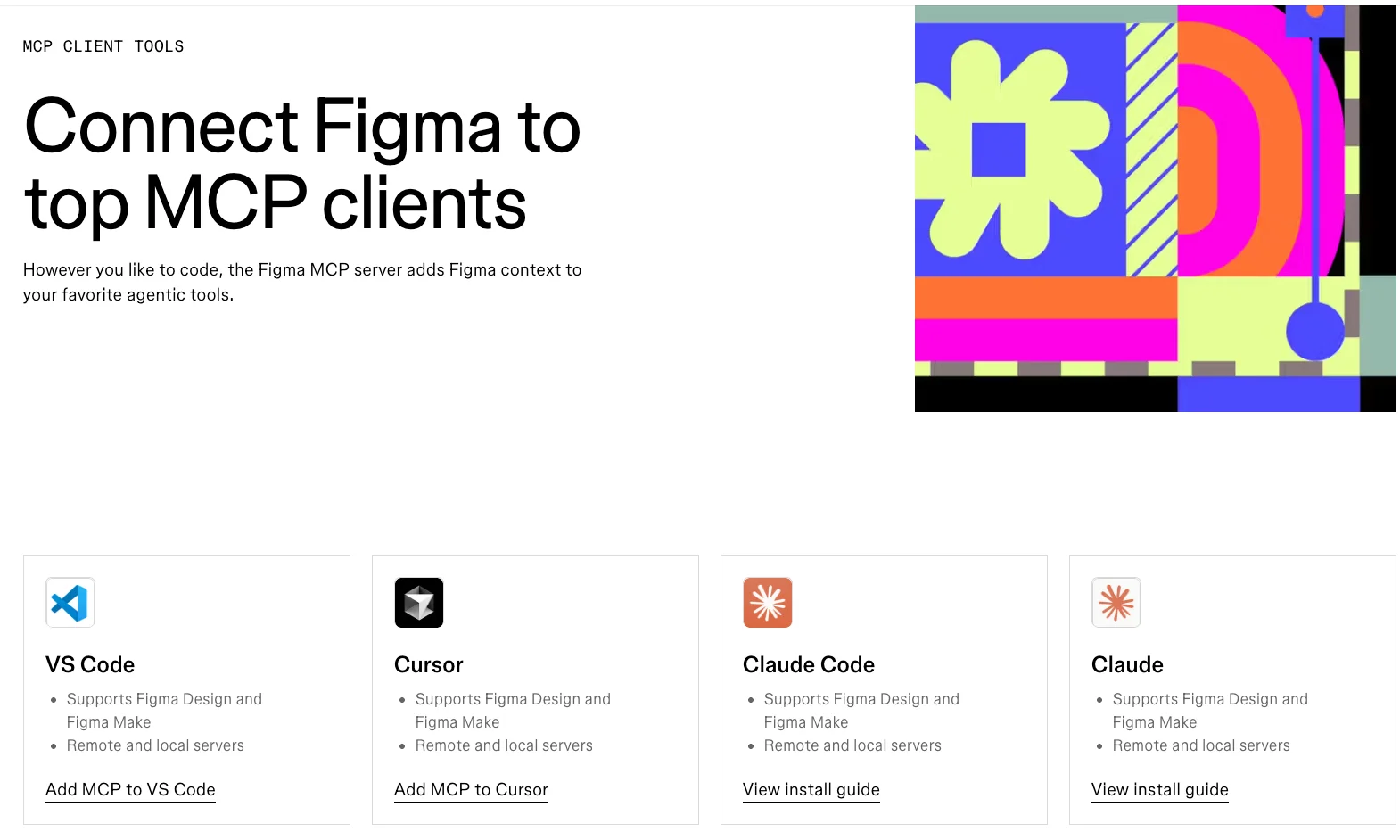
What is MCP and Why It Matters for AI Development
Discover the Model Context Protocol (MCP) and how it's revolutionizing the way AI models interact with external tools and data sources. Learn why MCP is becoming essential for modern AI applications.
The AI Integration Problem We've All Been Facing
If you've ever tried to connect an AI model to your database, file system, or any external service, you know the drill. Custom APIs everywhere, security headaches, and integration code that breaks every time something changes. It's like trying to plug a USB cable in the dark—frustrating and time-consuming.
That's exactly the problem the Model Context Protocol (MCP) was designed to solve.
What Exactly is MCP?
Think of MCP as the universal translator for AI models. It's an open standard that creates a bridge between AI assistants (like Claude, ChatGPT, or your custom AI app) and external data sources, tools, and services.
Instead of building custom integrations for every single connection, MCP provides a standardized way for AI models to:
- Access databases and file systems
- Call external APIs and web services
- Use specialized tools and utilities
- Interact with business applications
The beauty? Once you implement MCP, any compatible AI model can use your services without additional integration work.
Why MCP is a Game-Changer
Security That Actually Works
Traditional AI integrations often involve sharing API keys, database credentials, or creating custom authentication systems. MCP flips this around with a secure server-client model where:
- Servers expose capabilities without direct access
- Permissions are granular and controlled
- Authentication happens through established protocols
- Data never leaves your secure environment
Developer Experience That Doesn't Suck
Remember the last time you had to integrate five different APIs with different authentication methods, error handling, and documentation quality? MCP eliminates that chaos with:
- Consistent interface across all services
- Built-in error handling and retry logic
- Standardized configuration and discovery
- Rich SDKs in multiple programming languages
Ecosystem That Grows With You
Here's where it gets interesting. MCP isn't just another protocol—it's building an ecosystem. When developers create MCP servers for common use cases (database access, file operations, API integrations), everyone benefits. You can:
- Leverage existing MCP servers for common tasks
- Focus on your unique business logic
- Share your specialized servers with the community
- Build on proven, tested components
Real-World Applications That Matter
Enterprise Data Integration
Imagine an AI assistant that can query your CRM, check inventory levels, and generate reports—all through secure MCP servers. No custom integrations, no security compromises, just clean, standardized connections.
Development Workflow Enhancement
Picture this: your AI coding assistant can read your codebase, run tests, check logs, and deploy applications through MCP servers. Each capability is a separate, secure service that you control.
Content and Knowledge Management
AI assistants accessing your company wiki, document repositories, and knowledge bases through MCP servers, providing context-aware responses based on your actual data.
The Technical Foundation
MCP operates on a simple but powerful architecture:
Servers expose capabilities (tools, resources, prompts) through a standardized interface Clients (AI models) discover and use these capabilities Protocol handles communication, authentication, and error management
The protocol supports:
- Tools: Functions the AI can call
- Resources: Data sources the AI can read
- Prompts: Templates the AI can use
Getting Started is Easier Than You Think
The MCP ecosystem is growing rapidly, with servers available for:
- Database connections (PostgreSQL, MySQL, SQLite)
- File system operations
- Web scraping and API integration
- Development tools (Git, Docker, CI/CD)
- Business applications (Slack, Google Workspace)
Most servers can be installed with a single command and configured in minutes, not hours.
The Future is Standardized
We're moving toward a world where AI integration is as simple as installing a package. MCP is leading that charge by providing the infrastructure layer that makes this possible.
Whether you're building AI-powered applications, integrating AI into existing workflows, or creating tools for other developers, MCP offers a path that's secure, scalable, and sustainable.
The question isn't whether you'll use MCP—it's when you'll make the switch and start benefiting from standardized AI integrations.
Ready to explore what's possible? Check out the growing collection of MCP servers and find the tools that will supercharge your AI applications.
Share this article
Found this helpful? Share it with others!
Related Articles

Figma MCP Server Best Practices: From Local Dev to Team Collaboration
A comprehensive guide to best practices for the Figma MCP Server. Learn how to optimize your local and remote setups for a seamless design-to-code workflow.

How to Install and Configure Your First MCP Server in 10 Minutes
Step-by-step guide to installing your first MCP server. From setup to integration with clients like Claude Desktop, Cursor, and VSCode, get your AI assistant connected to external tools quickly and securely.

Building Your Own MCP Server: A Complete Guide from Idea to Production
Learn how to create custom MCP servers that integrate with any AI assistant. Complete with code examples, best practices, and deployment strategies for your specialized use cases.